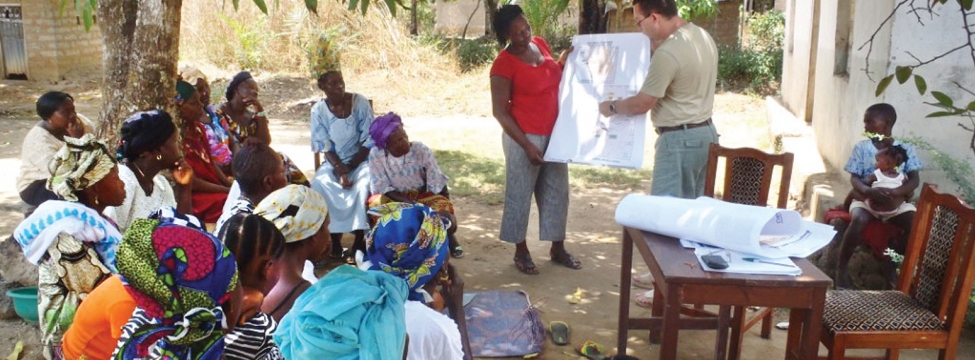To serve you better, our new website displays information specific to your location.
Please visit the site and bookmark it for future use.
Environmental and social management at exploration
A trend is growing for exploration companies to be “custodians of value” for their projects. While demonstrating technical value has always been a driver of funding for exploration projects, prospective investors are increasing the pressure to provide environmental and social value as they gradually place more weight on these aspects when making their investment decisions.
The main early social management and stakeholder engagement actions that may enhance a project proponent’s social licence to operate throughout the life of mine include:
• Identifying and analysing stakeholders to assess and respond to local expectations and concerns.
• Analysing traditional land tenure arrangements to prepare fair and acceptable compensation strategies, avoiding resentment for damage to assets.
• Identifying local decision-making structures and relationships to develop effective stakeholder engagement and collaboration methods, which are accepted by the broader local community and which will facilitate any potential future ESIA process.
• Providing information that is timely, transparent and sufficiently comprehensive to avoid the spread of false information that can lead to conflict.
• Developing a culturally acceptable grievance mechanism to ensure the grievances of local communities are addressed promptly, avoiding the build up of tension.
• Making short-term commitments for community development projects to build trust and goodwill.
With respect to environmental management, following guidelines, such as the E3 plus excellence in environmental stewardship toolkit, can help a company move beyond compliance with local permitting requirements and provide added value. Starting environmental monitoring during exploration to assess seasonally variable conditions, such as climate, water resources and biodiversity, can dramatically save time in the later stages of project development. In addition, collecting environmental and social data means sensitive areas and risks can be identified early in the project design process, so project proponents can “design-out” environmental risks or proactively manage unavoidable risks to best advantage.
Early exploration projects provide the opportunity to implement good environmental and social standards, to set the scene for a license to operate, and to minimise the development of environmental problems and negative stakeholder attitudes that can be challenging and costly to alter retroactively.
Emily Robinson: erobinson@srk.co.uk
Hilde van Vlaenderen: hvvlaenderen@srk.co.uk
|
You can download a PDF of the entire |
PDF A4
|
PDF Letter
|
|
|
|
Our newsletters focus on specific areas of interest to earth resource professionals and clients. Each is available as an Adobe Acrobat PDF file. If you don't already have Adobe's PDF reader, you can download it free.


